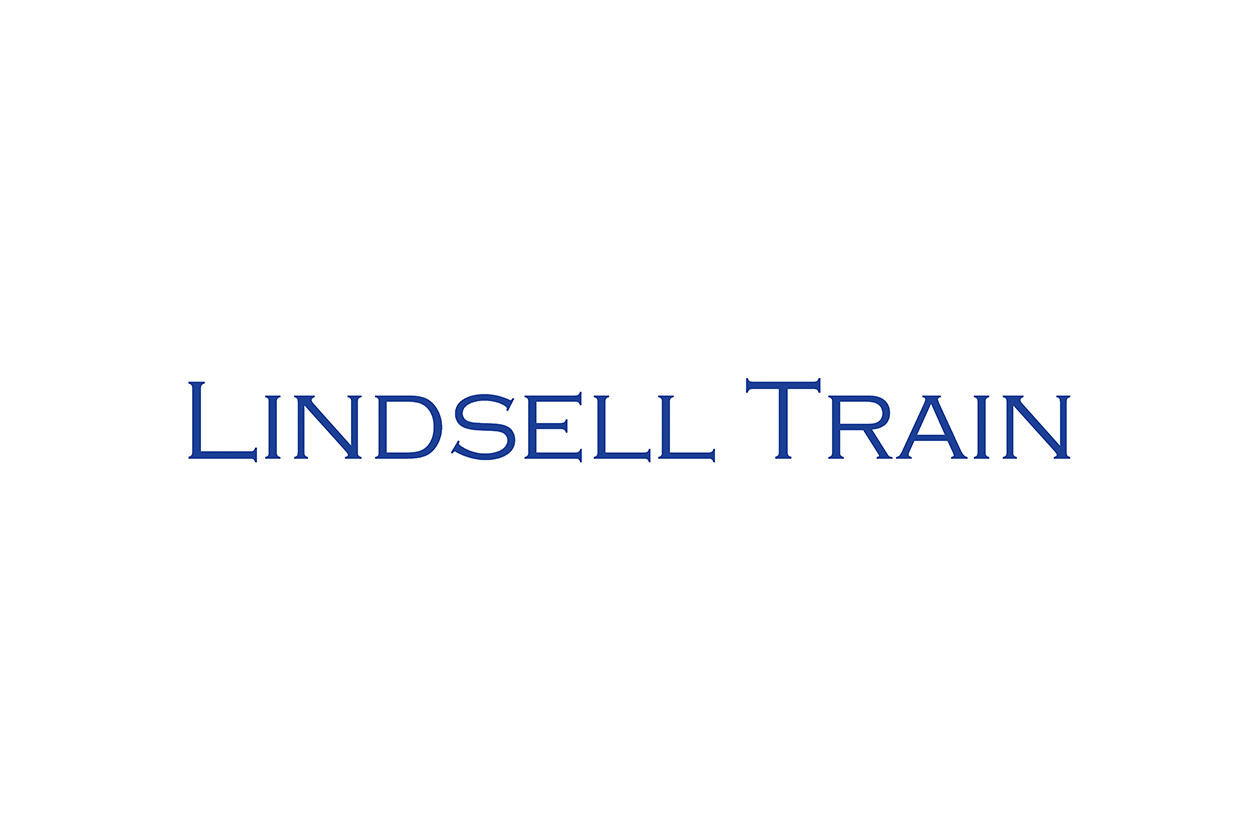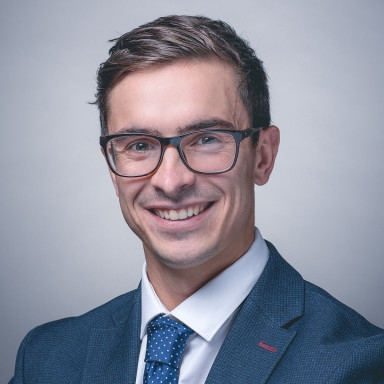Michael Lindsell and Nick Train are seasoned investors with an established investment process
Only two new investments have been made over the past 12 months, in-keeping with their 'buy and hold' approach
Despite recent headwinds, the long-term record of the managers is strong
The fund does not currently feature on the Wealth Shortlist of funds chosen by our analysts for their long-term performance potential
How it fits in a portfolio
The Lindsell Train Global Equity fund aims to grow your investment over the long term by investing in a small number of companies from around the world. Developed markets, including the UK and US, are the primary focus and more investments in Japan than most other global funds means it offers something a little different to other global funds. The established investment process focuses on 'quality growth' which could work well alongside other investments focused on unloved companies with the potential to recover.
Manager
The fund was set up in 2011 by Michael Lindsell and Nick Train, who both have more than three decades of investment experience. Lindsell spent much of his earlier career in the Japan sector and worked in Tokyo and Hong Kong. He became responsible for all global funds at GT Management, and when GT was bought by Invesco in 1998, became head of the combined global product team.
Train was previously head of Global Equities at M&G Investment Management, where he'd worked since 1998. Before that he spent 17 years at GT Management in various senior roles including investment director and chief investment officer for Pan-Europe.
James Bullock joined them as co-manager in 2015, having previously worked with Lindsell and Train as an analyst for several years.
The managers are also responsible for other funds and trusts focused on areas such as the UK, North America and Japan.
Process
Lindsell and Train's investment philosophy stems from their belief that there are only a handful of great companies in the world. These are the ones they want to invest in, particularly when their true value is not realised by other investors. They’ve established a repeatable investment process to hunt down these exceptional companies, and it's used across all the funds they manage.
The managers invest in financially robust companies with characteristics that are hard to copy, such as strong brands, heritage or sports franchises. Whilst not a requirement, many of their investments have high levels of founder family ownership, which can help align the interests of all investors.
The managers invest in 20 to 35 companies. This means each investment can have a significant impact on performance, both positively and negatively, which can increase risk.
Most of these 'exceptional' companies tend to be larger and are based in developed markets. While the fund currently invests more in the UK and Japan, and less in the US, than the global benchmark, that's a result of where the managers are finding the best opportunities, not a call on the prospects for those regions. The managers also have the flexibility to invest in higher-risk smaller companies.
They find the most opportunities within consumer-focused businesses, which currently account for around 33% of the fund. The managers don't invest much in pure technology companies, preferring to invest in heritage companies that can exploit technology to improve their service, such as entertainment company Walt Disney. They don't invest in industries that require large amounts of capital, such as energy, commodities and mining.
The managers invest for the long term, which means they rarely buy and sell shares in companies. This helps keep costs down and enables the profits from their companies to compound over time.
Over the last 12 months, the team has added several new companies to the fund, including US healthcare company Thermo Fisher. The team believes the business is unique as it covers both drug discovery and manufacturing. This could help as the world moves towards more complex drugs.
They also invested in US technology company Alphabet after its share price fell and they could invest at a lower price. They believe the growing cloud storage part of the business could be a key driver of growth.
The team also sold three companies. Japanese chemical and cosmetics company KAO Corp was sold after struggling to recover from the pandemic. Japanese pharmaceutical company Astellas Pharma was also sold. Its blockbuster drug, Xtandi, is set to lose its US exclusivity patent in 2027. This drug accounted for roughly half of the company’s revenue. In response, Astellas has been acquiring patents for other drugs, taking on debt that the team believes could hinder future opportunities. Finally, the team sold its shares in Hargreaves Lansdown after the company was acquired by a private equity firm.
Please note as this is an offshore fund you are not normally entitled to compensation through the UK Financial Services Compensation Scheme.
Culture
Nick Train and Michael Lindsell are founders and two of the major owners of the Lindsell Train business. We view this positively as ownership of the business aligns their long-term incentives with the interests of investors. The distinct investment philosophy they’ve created runs strongly through all their funds and trusts, and the entire business is geared towards running the funds the ‘Lindsell Train way’.
The team spend a lot of their time reading, learning and compiling information on companies they own shares in and those on their watchlist. They’ve tended not to recruit experienced people, preferring to train and develop graduates who can be moulded into the Lindsell Train way of thinking.
Previously our due diligence highlighted some areas for improvement in Lindsell Train’s corporate governance processes, specifically concerning independent investment risk oversight. Following our engagement the firm has employed Clarus, an investment risk specialist business, and integrated their reports and challenge into the Lindsell Train investment process.
We’re pleased with the improvements that have been made and Lindsell Train now meet our due diligence standards. We’ll continue to meet with the fund managers and update investors on additional progress.
ESG Integration
All Lindsell Train funds seek to invest in exceptional companies for the long term. These companies tend to be well-managed with responsible business practices. Lindsell Train fund managers avoid capital intensive industries (such as energy, commodities and mining companies) and those judged to be sufficiently detrimental to society that they might be vulnerable to burdensome regulation or litigation (such as tobacco, gambling and arms manufacturers).
Fund managers are responsible for voting and engagement. Their long-term approach means they’re generally supportive of company management teams. If the fund managers disagree with the management team’s approach, they’ll try to influence the company to adopt a different course of action if it’s in clients’ interests.
Voting and engagement case studies are available in the firm’s annual Stewardship Report and its Environmental Governance Social (ESG) & Engagement Report. The firm’s full voting history is available in PDF format on its website, although no rationales are provided.
It’s important to remember that while the fund managers integrate ESG into the process and believe it can be a long-term risk to a company, this isn’t a fund focussed on sustainability.
Cost
The fund is available to HL clients for an ongoing annual charge of 0.53%, which is 0.15% lower than the standard ongoing charge of 0.68%. We think this is a good price to access the managers' best global ideas. The HL platform fee of up to 0.45% per year also applies, except in the HL Junior ISA, where no platform fee applies.
Performance
The managers have delivered impressive returns since the fund's launch in March 2011. The fund’s performed better than the MSCI World benchmark returning 399.71%* vs 358.73%. It also performed better than the average fund in the IA Global sector which returned 241.09%, although that's not a guide to future returns.
Our analysis suggests this is down to the managers' ability to select great companies, especially within the financials and technology sectors. This has been achieved despite the fund having less invested in the US, which has been one of the best performing markets over the past decade.
The managers' focus on high-quality companies means the fund’s tended to provide some shelter from the worst stock market conditions. However, it’s tended to lag when markets have risen.
Over the last 12 months the fund’s returned 6.64%, slightly behind the MSCI World benchmark which returned 7.24%. However, it performed better than the average fund in the IA Global sector which returned 4.20%.
UK alcoholic beverage company Diageo hurt performance. The team recognise management has made some errors but they still believe it’s a great company. US beverage company PepsiCo and Japanese cosmetic company Shiseido also held back returns.
On the other hand, Japanese video game company Nintendo was a strong contributor to performance. The company’s latest games console has been in high demand. US media and entertainment company Walt Disney also performed well. It reported strong earnings as well as announcing plans for a new theme park in Abu Dhabi.
Annual percentage growth
30/06/2020 To 30/06/2021 | 30/06/2021 To 30/06/2022 | 30/06/2022 To 30/06/2023 | 30/06/2023 To 30/06/2024 | 30/06/2024 To 30/06/2025 | |
|---|---|---|---|---|---|
Lindsell Train Global Equity | 13.40% | -14.08% | 10.38% | 8.27% | 6.64% |
IA Global | 26.14% | -8.72% | 10.76% | 15.05% | 4.19% |
MSCI World | 24.36% | -2.56% | 13.21% | 20.88% | 7.24% |


